OUR COMMITTEES
PNA
The Pakistan National Assembly (PNA) is the lower house of the Parliament of Pakistan and the legislative body responsible for governing the country. Comprised of 342 members elected for a five-year term, the National Assembly represents the people, passes laws, sets policies, approves the budget, conducts government investigations, and appoints key officials, including the President, the Prime Minister, and the Chief Justice of the Supreme Court. It also represents Pakistan’s interests in international relationships. Guided by the Constitution and operating under Parliament’s rules and procedures, the National Assembly plays a crucial role in promoting democratic governance, human rights, and the rule of law in Pakistan.
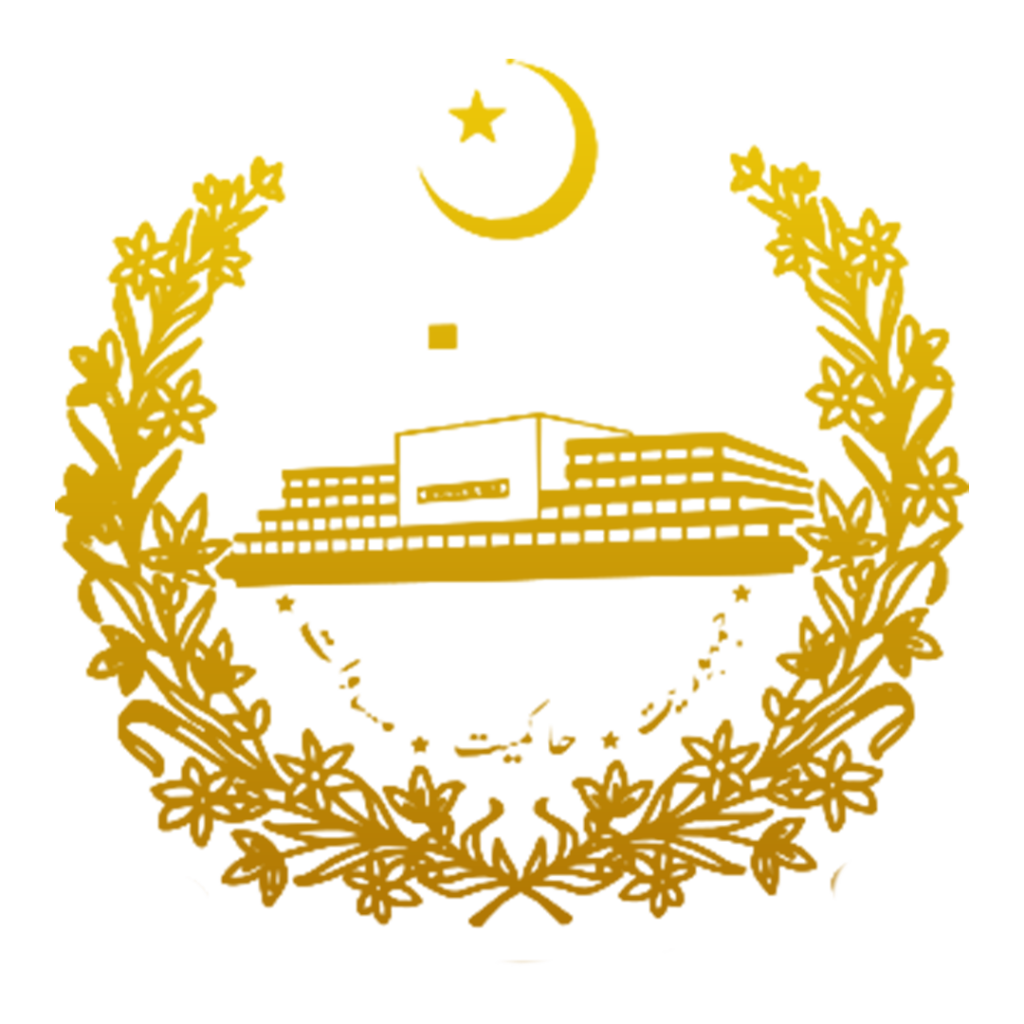

DISEC
SOCHUM
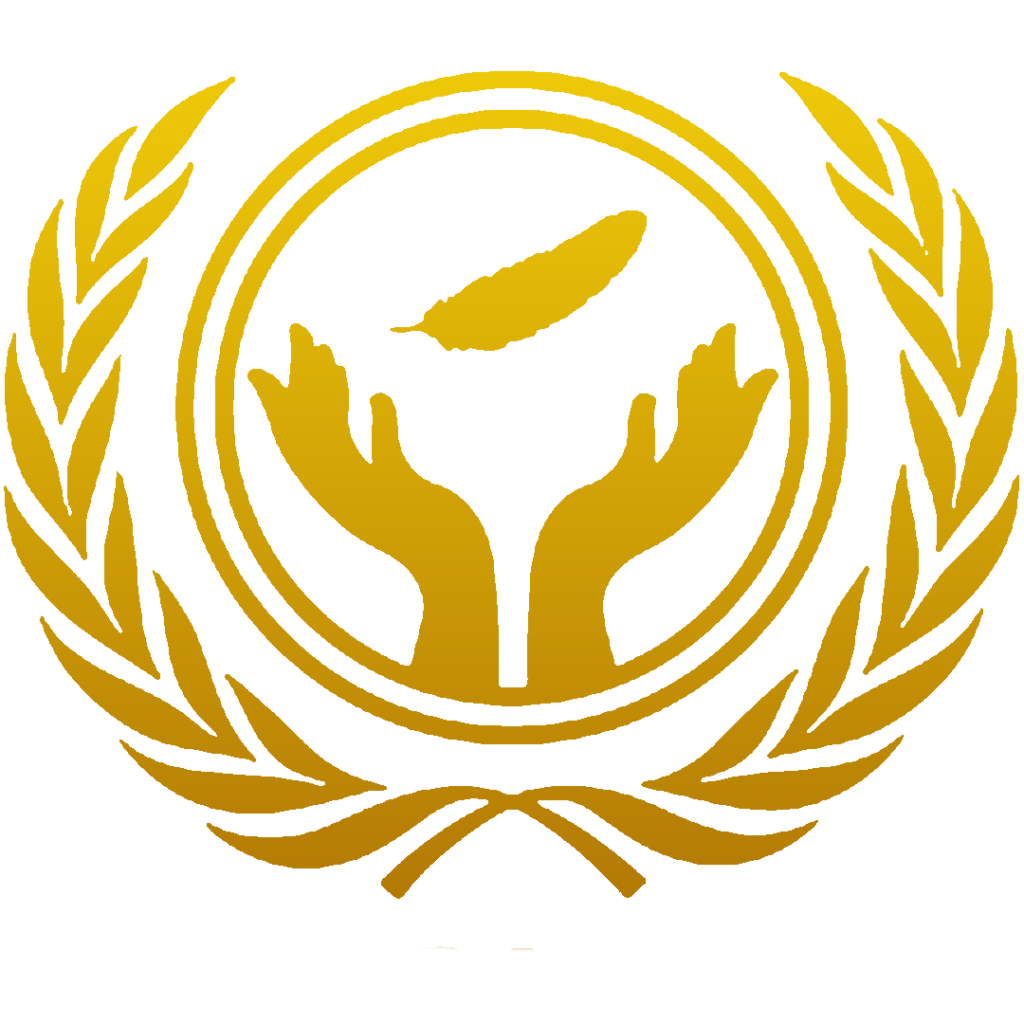
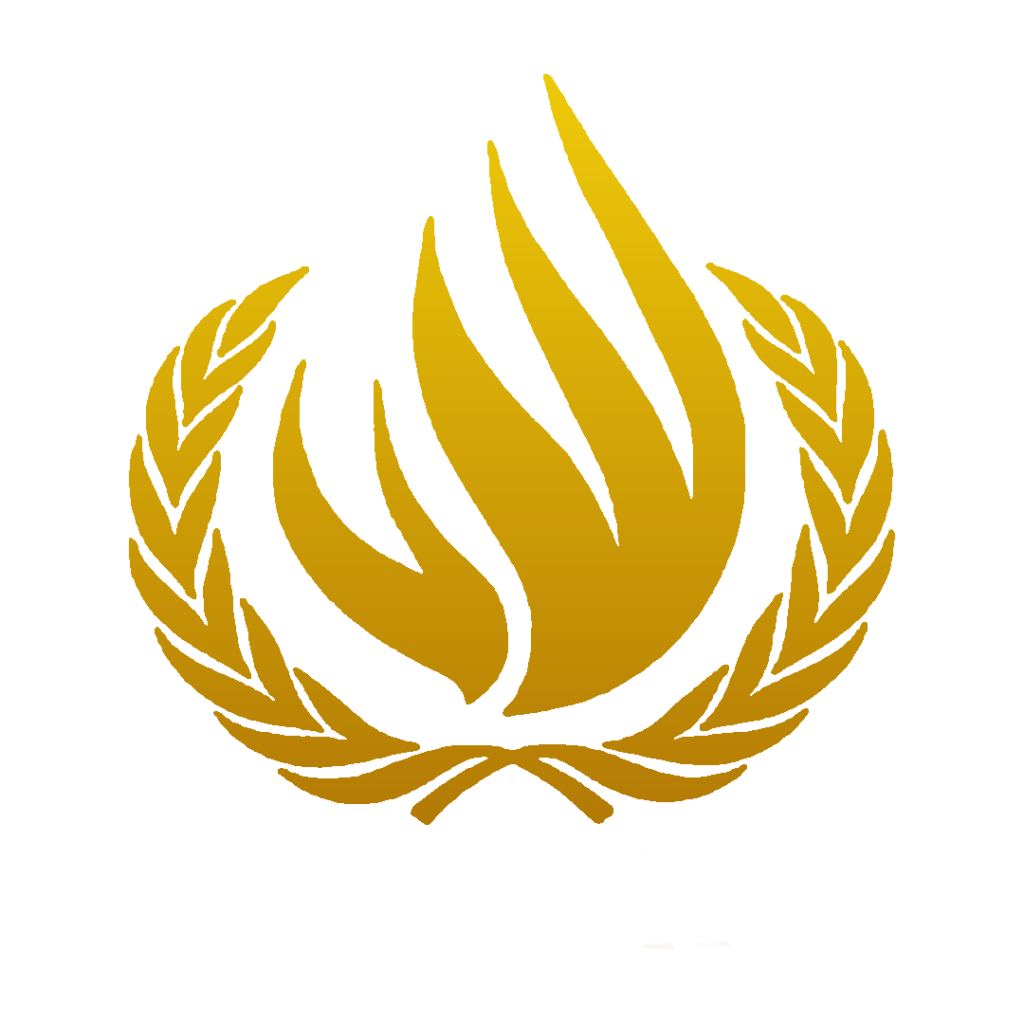
UNHRC
UNCSW
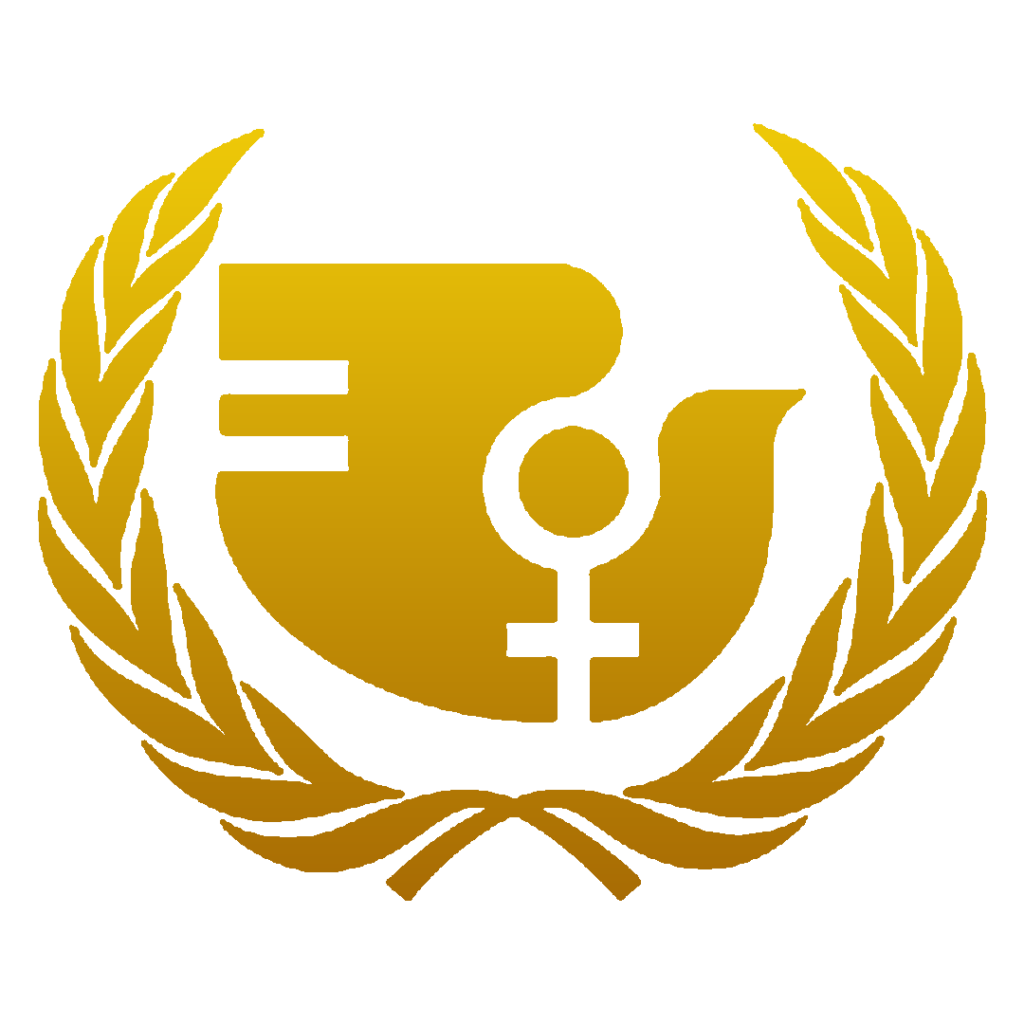
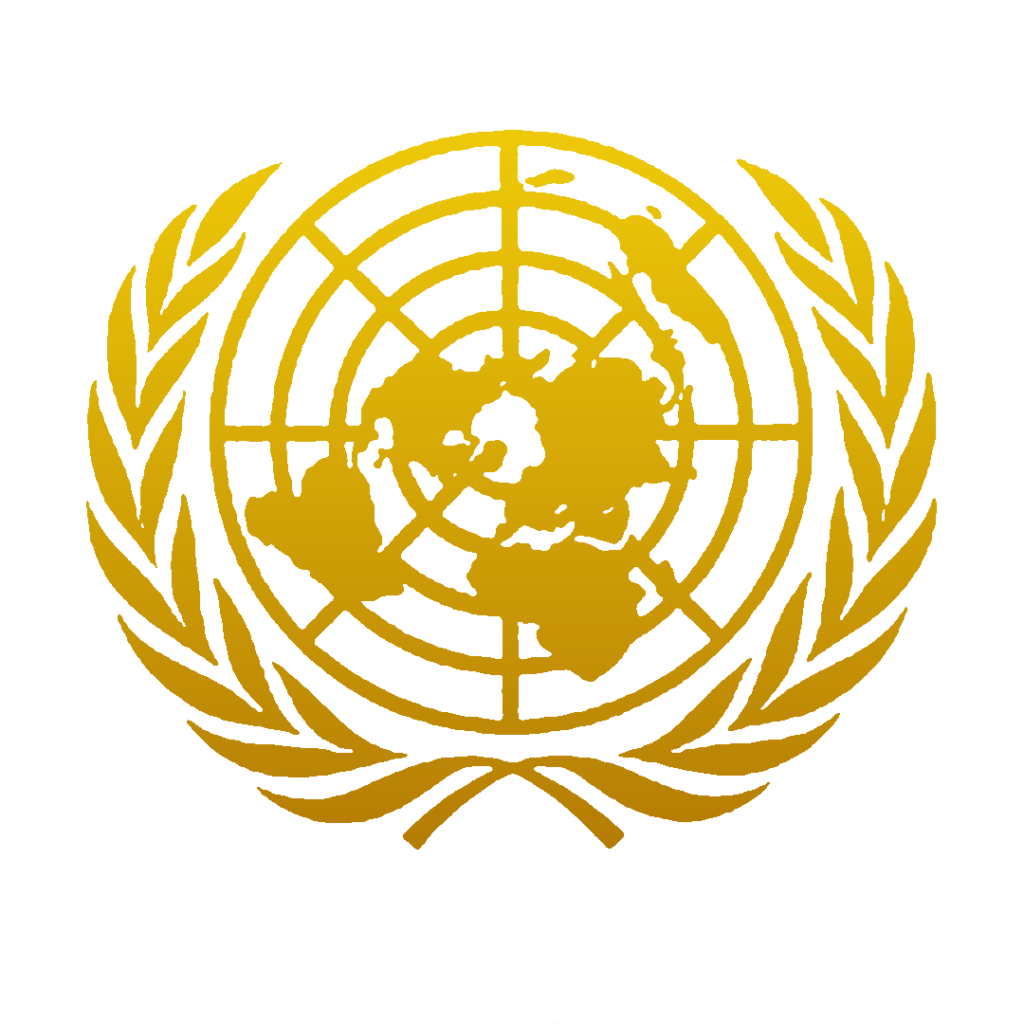
UNHSC
UNOOSA

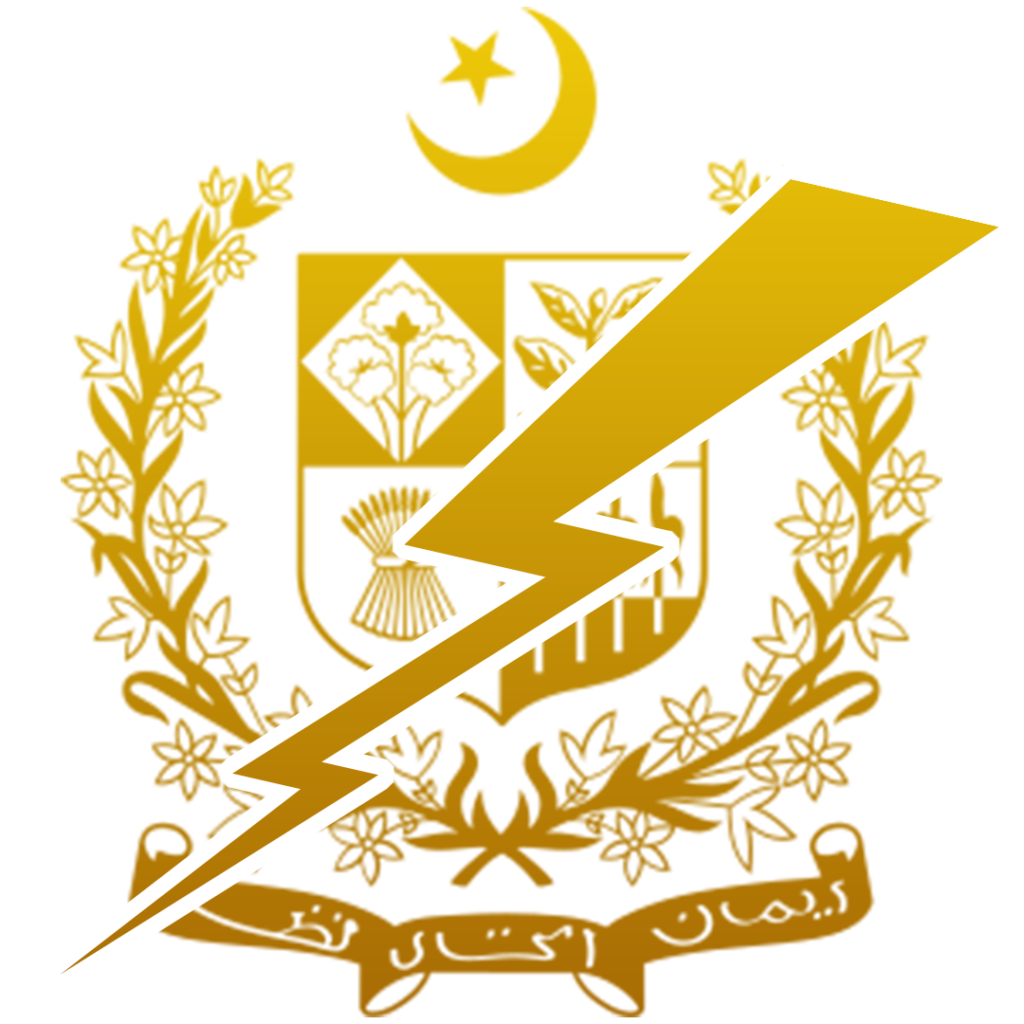
Zia's Cabinet
ICAC
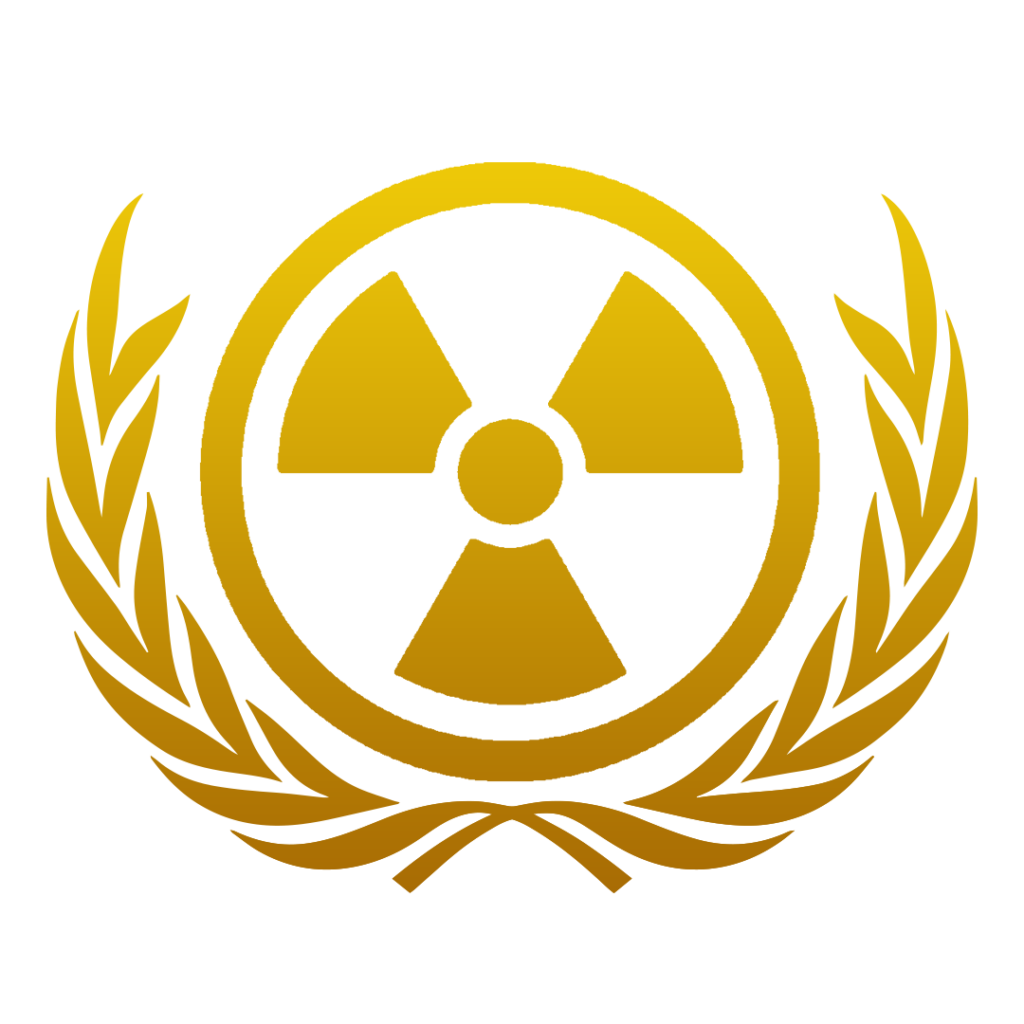
Talk to us
Have any questions? We are always open to talk about your business, new projects, creative opportunities and how we can help you.
